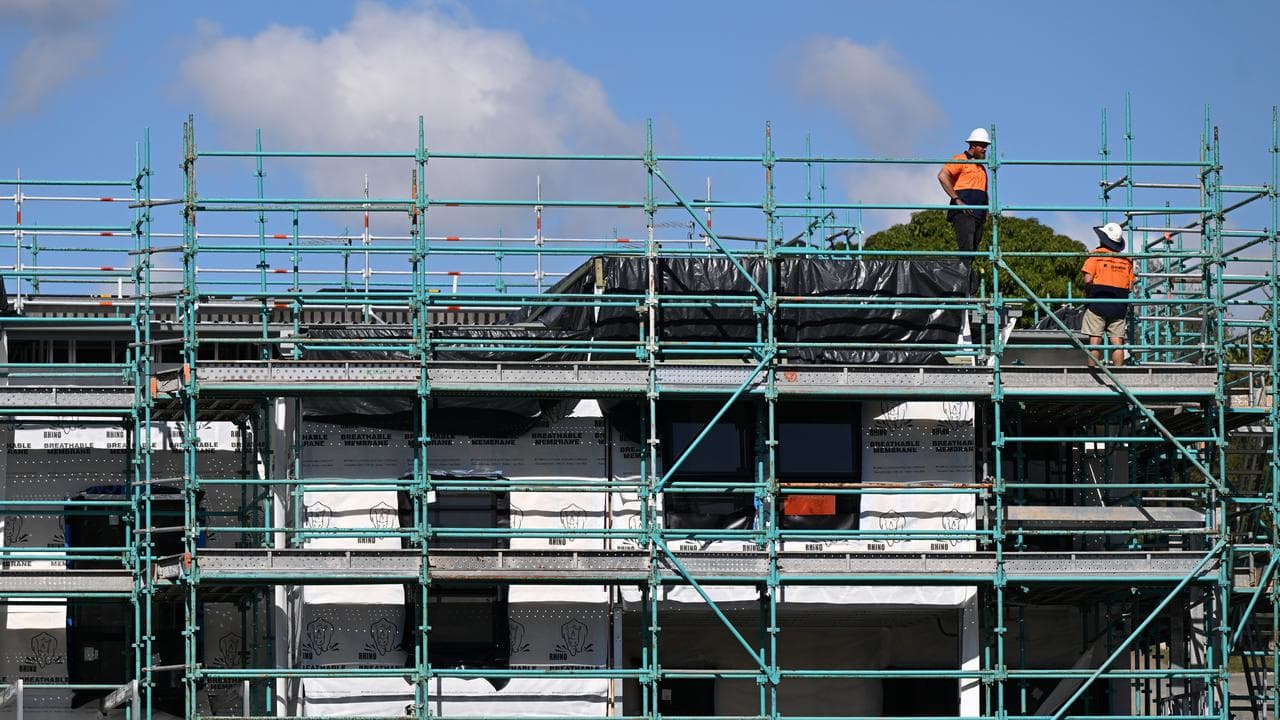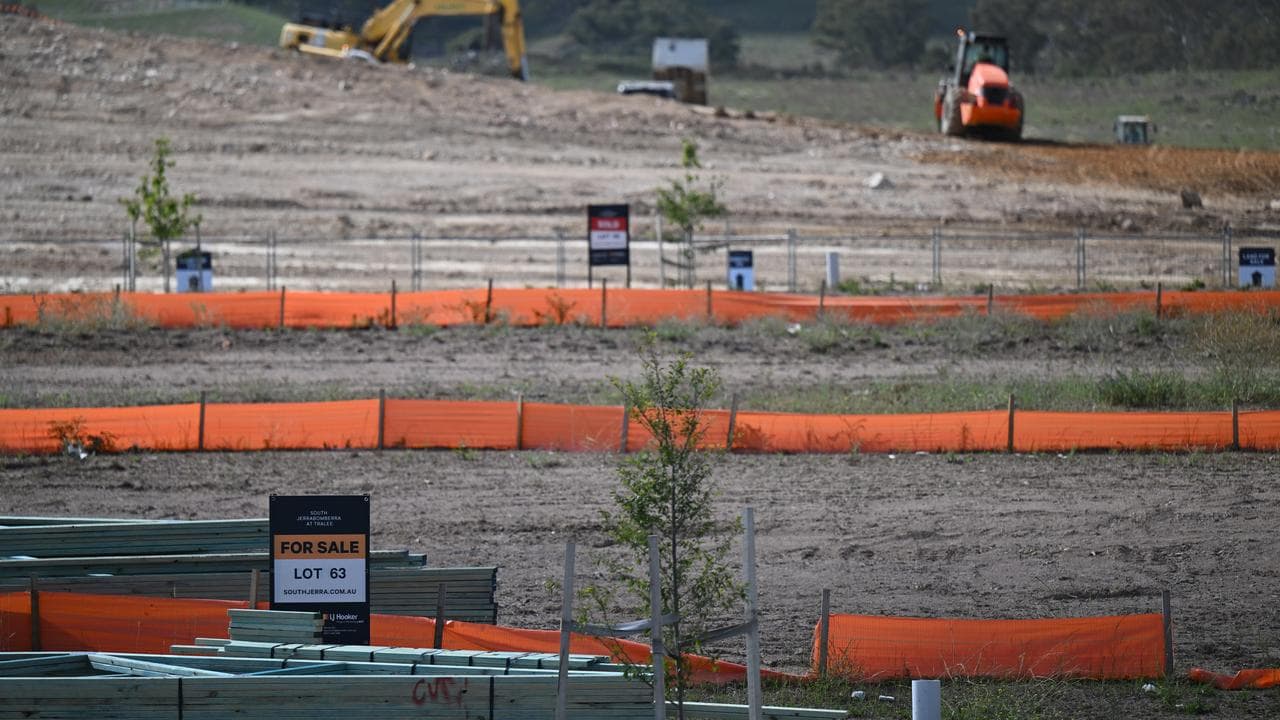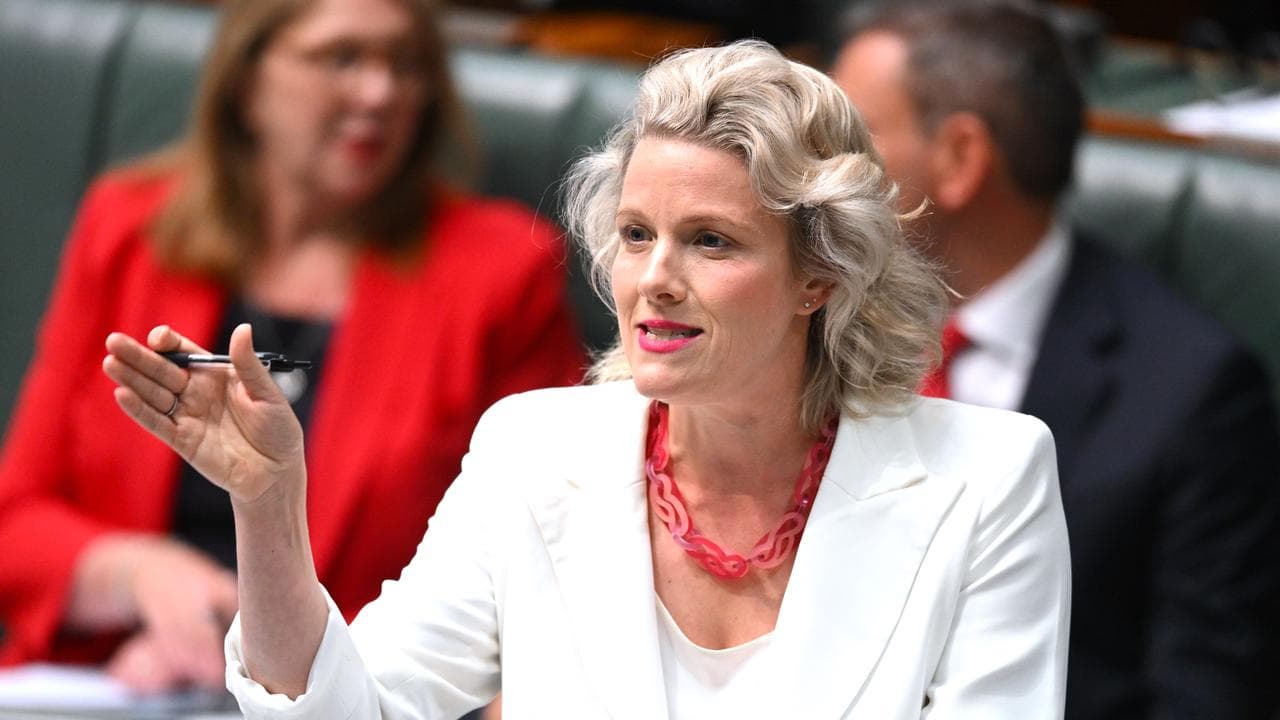
Foreign investors will be banned from buying existing properties for at least two years in a move the government says will make it easier for Australians to buy a home.
But the restriction, which replicates a policy announced by the coalition, will capture less than 0.4 per cent of the housing market, casting doubts over its efficacy.
Under the government's plan, foreign investors - including temporary residents such as international students - will be unable to purchase an established dwelling in Australia from April 1, 2025 until March 31, 2027.

They will still be able purchase new dwellings to encourage housing supply and a carve-out will also be provided for workers on a Pacific visa scheme.
The government will also crack down on land-banking by forcing foreign investors who purchase vacant land to develop it within a reasonable time frame.
Housing Minister Clare O'Neil said the government had to orient all its efforts into securing home ownership for more young Australians.
"This isn’t a silver bullet, because there is no silver bullet," she said.
"But this is an important piece of Labor’s absolutely massive housing agenda."
Foreign investors are currently barred from buying existing homes, but are allowed exceptions for some circumstances, such as moving to Australia for work or study.
In 2022/23, foreign investors accounted for 5360 residential real estate purchases, of which only one-third were existing dwellings. That's out of a total 670,000 property purchases per year.
Greens housing spokesman Max Chandler-Mather said Labor and the coalition were locked in a "race to the bottom" by blaming migrants for housing unaffordability.
"Dutton and Labor are insulting the intelligence of Australians, pretending like this will do anything to help fix the housing crisis," he said.
Given the low volume of foreign purchases of existing homes, banning them would not by itself solve housing unaffordability, the Property Council said.

Matthew Kandelaars, the council's executive for policy and advocacy, said the carve-outs for new builds were welcome as every effort must be made to boost housing supply.
“It’s pleasing that both major parties have recognised that building new homes is the most important way our nation will address its housing affordability challenge,” he said.
“Australia has relied on global investment - using other peoples’ money to help build and shape our cities for the last three quarters of a century, and we shouldn’t stop now.”
Opposition Leader Peter Dutton announced a near-identical, two-year ban on foreign purchases of existing homes in his budget reply speech in May 2024.
At the time, the government refused to support the policy, with cabinet minister Bill Shorten pointing out the low rates of home purchases by foreign investors.

But Ms O'Neil on Sunday said the government had been looking at the move for a long time, calling it "good public policy".
"I really don’t care about the politics of this. Everything we do on housing is about getting more Australians into their own homes, and this change will play a part in that," she said.
Mr Dutton said it was interesting that the treasurer didn't stand up with Ms O'Neil to make the announcement, given he "bagged this policy" when he announced it.
"We have to get housing for Australians, but you can only do that under a coalition government," he told reporters in Darwin.
The government will inject $1.4 million per year into the Australian Taxation Office to enforce the ban and boost screening of foreign investment proposals.
The ATO and Treasury will also receive $2.2 million per year until 2029/30, and $1.9 million each year from then on, to increase auditing and compliance targeting land-banking by foreign investors.




